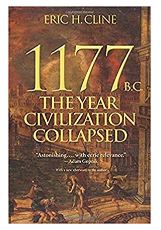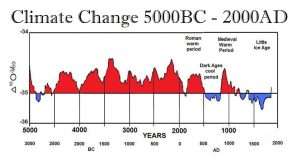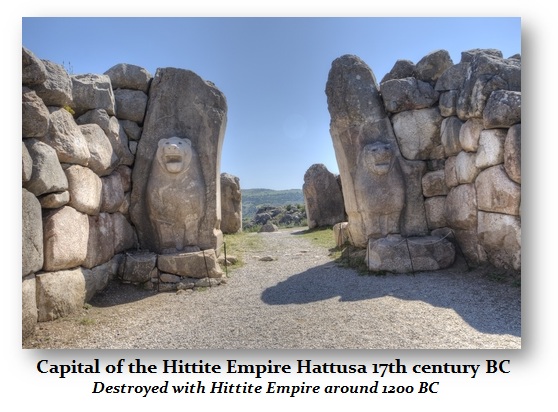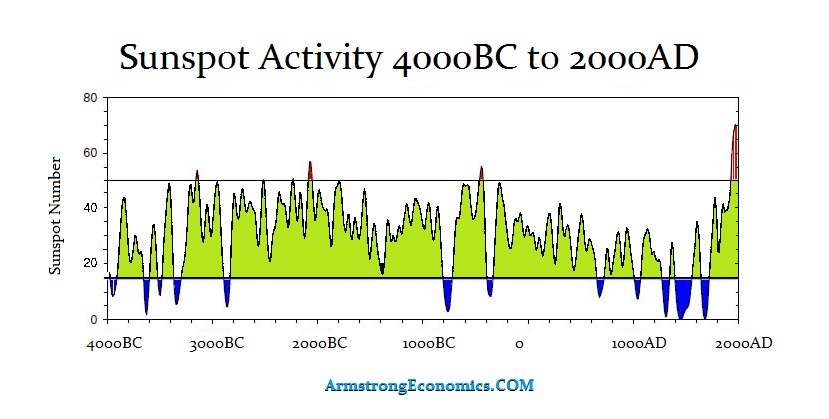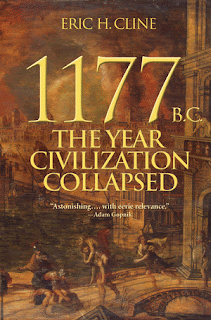The COVID-19 pandemic signals that civilization has breached a major ‘tipping point’ that could pave the way for a dangerous new era of interacting ecological emergencies.
Scientific evidence accumulated over the last five years suggests that the pandemic didn’t come out of the blue, but is a direct consequence of industrial civilization’s breaching of key ‘planetary boundaries’—these are important natural ecosystems needed to maintain what scientists describe as the ‘safe operating space’ for human survival on the planet.
The more we destabilize those boundaries, the more this safe space for human habitation shrinks—and COVID-19 suggests that the world economy is now entering a volatile new phase of chronic instability due to not just one crisis, but the interaction of many crises including climate change, resource bottlenecks, food system failures and civil unrest. It is the escalating synergy between these crises, each of which is experiencing its own tipping points, which points to the risk we are crossing a planetary threshold in the global system.
This verdict doesn’t come from new data, but from applying a systems lens to understand the massive amount of data we already have. I assessed the evidence in a major report for the Schumacher Institute for Sustainable Systems, a British think-tank which has led on the European Commission’s CONVERGE project, among other things.
Pandemic: a symptom of civilization itself
Prior to 2020, warnings from public health experts of an incoming global pandemic had accumulated over the last few decades. All of them have based their diagnosis on examining the risks posed by the relentless expansion of industrial civilization.
…click on the above link to read the rest of the article…



